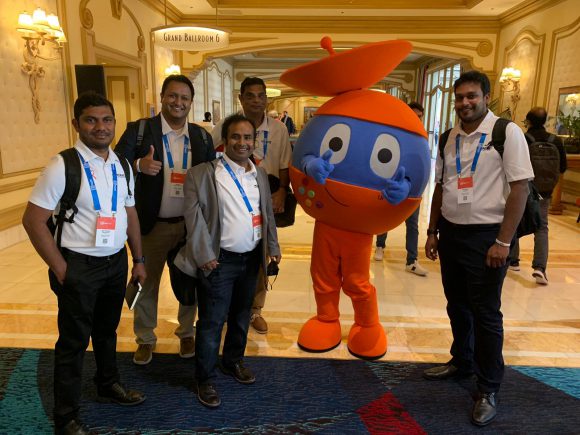Introduction
I come across a lot of programmers who are brilliant in programming but often fail to work as a team. Partially, this might be due to a lack of communication, but I have also observed the inability to understand someone else’s code plays an important role in teamwork. So if you have ever been in a similar situation, I can try to help you with that. Here are some tips that might aid in making you a good team player in the world of programming.
How to Code? Tips and Tricks
- Every developer starts a project by setting up the required files and dependencies, but often fails to create one very important file. The “ReadMe.txt” file! This might be the most insignificant file for your project but it certainly is very necessary for better teamwork. I recommended creating the ReadMe file right in the beginning and start writing about every single detail that a reader might need to help him understand your project. Be sure to mention where your program actually begins. Often, the first and most difficult step to understanding some code is to know where it actually begins. Try to play fair and mention this in the ReadMe. As a rule of thumb, keep 10% of your total development time in a day just to update the ReadMe file
- Once a project is set up and ready, make sure to commit the code to a repository. By doing this, your code is made more shareable and maintainable. Also, keep making regular commits to your code as you make updates
- Maintain a uniform and language-agnostic list of principles and guidelines that every developer in your team follows. If everyone in your team follows their own coding standard, it will certainly result in a hodge-podge
- Choose the right nomenclature. It is very important to have the right property and entity names in your code. Even a simple local variable needs to be named in a way that its need is self-explanatory
How do we write code so that it’s easy to understand?
Well, this question has many answers. Some people say proper comments make it easy. Some say a document that clearly explains the flow makes it easy. From my experience, you cannot write a code that everyone understands. But you can certainly write code that people who follow the same principles can understand. So, always make your coding style a standard. This helps to greatly reduce complexities.
When I say coding standard, it’s not just the naming conventions. It also holds good for the kind of strategy you make use of to perform specific operations. For example, in object-oriented languages, we strictly need to follow the Open-Close Principle. A class should be very specific and should have an adequate amount of responsibilities and should be closed for modifications and open for enhancements. This means overtime if you need to change or update the behavior of a class, you always create a new class that inherits from it. Additionally, pay attention to Boolean logic present in branching statements. These end up being very confusing for readers so, it is highly recommended to rephrase the logic in plain English and write it as a comment.
In nutshell, keeping your code plain and simple will surely make you a good programmer!






